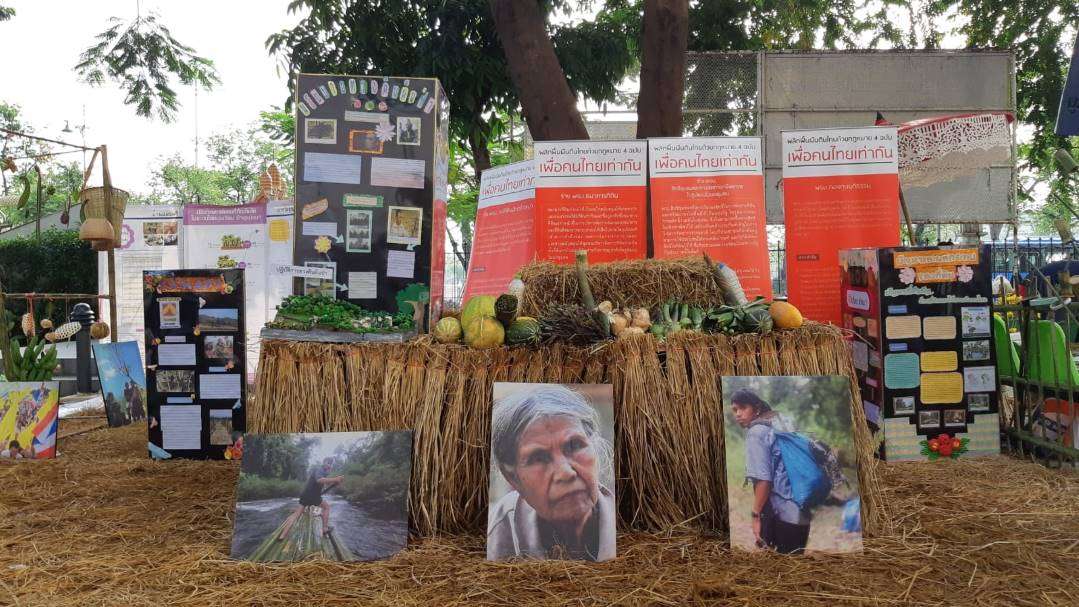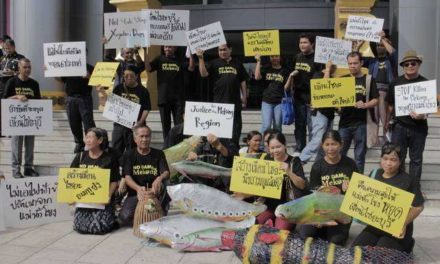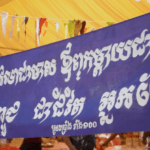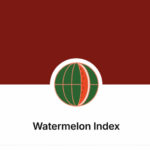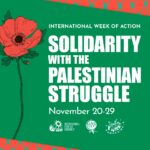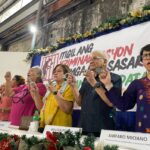The event served as a platform to discuss various land issues faced by different sectors in Thailand, including public lands, land titling, reforestation, urban poor, natural disasters, and community land.
Two panel discussions, in particular, highlighted differing struggles of farmers to protect their rights to land and survival.
Land Occupation
In one session on 18 November, local communities led the discussions on land reform to draw responses from government agencies about the national land management policy. Representatives from the Southern Peasants’ Federation of Thailand (SPFT) shared their experiences in occupying land.
Representatives from the Agricultural Land Reform Office (ALRO) under the Ministry of Agriculture and Cooperatives, and the Community Organisations Development Institute (CODI) under the Ministry of Social Development and Human Security (MSDHS) meanwhile shared the government’s general policy on land redistribution and support for farmers.
SPFT leader Suraphon Songruk lamented that “landless peasants actively helped the government to investigate illegal land concessions by palm oil companies. However, we have not been authorized to stay in our land.”
For SPFT, community members must lead the discussions and design of land utilisation based on the needs of local residents following the concept of community land title deed.
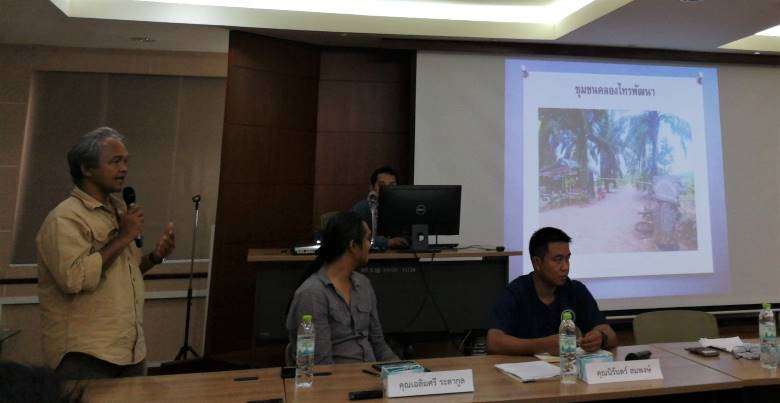
Mr. Suraphon Songruk from the Southern Peasants’ Federation of Thailand (SPFT) explains how local people in Southern Thailand struggle for land, citing the case of Klong Sai Pattana community in Surat Thani Province [Photos: Supatsak Pobsuk]
For example, the Royal Irrigation Department is mandated to dig 200 rai (32 hectares) to build a pond in each newly settled community, regardless of the results of community consultations. Thus, the centralized land management and distribution program induces in inequitable land distribution in Thailand.
A researcher in the panel discussion proposed that government agencies, as a rule,. should engage all stakeholders, especially local people, to work on community settlement and land utilization plan. Land utilisation, in particular, should be based on residents’ interests, needs, skills and experiences. Moreover, the government agencies at the local, regional and national levels should coordinate programmes at all stages— from planning, preparing, monitoring and evaluating—in order to streamline the government land distribution programmes.
Resisting SEZs
Another session on 19 November 2018 highlighted Thailand’s push for Special Economic Zones (SEZs) and Eastern Economic Corridor (EEC) and their impacts on local communities. Since the National Council for Peace and Order (NCPO) seized power through a coup in 2014, SEZs and EEC are being promoted drastically, with 10 projects in 10 border provinces requiring 3 million rai (480,000 hectares), and the EEC project spanning in 3 provinces in Eastern Thailand. These projects aim to attract foreign investments with investment promotion measures.
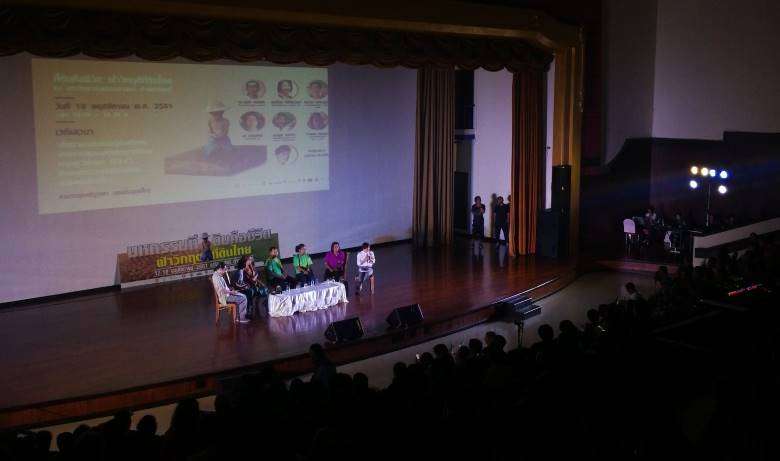
The plenary session on Special Economic Zones (SEZs) and Eastern Economic Corridor (EEC) invited a researcher and affected local community members to share their experiences how SEZs and EEC impact negatively to people’s way of life.
Dr Somnuck Jongmeewasin, a researcher on SEZs, revealed that the projects in 10 border provinces have totally failed since very few foreign investors are interested. Representatives from communities affected by land acquisition shared their struggles to secure their land as a residences and a means of production.
Their cases illustrate similar patterns where government agencies grabbed and accumulated land without the prior consultation and informed consent of local community residents. In addition, affected communities have been experiencing intimidation and judicial harassment.
A community representative expressed that “We are condemned as antagonists against the development of Thailand. For us, we only want to live and farm on our inherited land”. The discussants called on the government to strictly follow legally mandated requirements such as adherence to city development plans, and environmental impact assessment (EIA) to protect people’s livelihoods against corporate investment projects.
PHOTOS: The anniversary celebration was also an opportunity for farmers from different regions in Thailand to display and sell their agricultural products grown from their communities.

